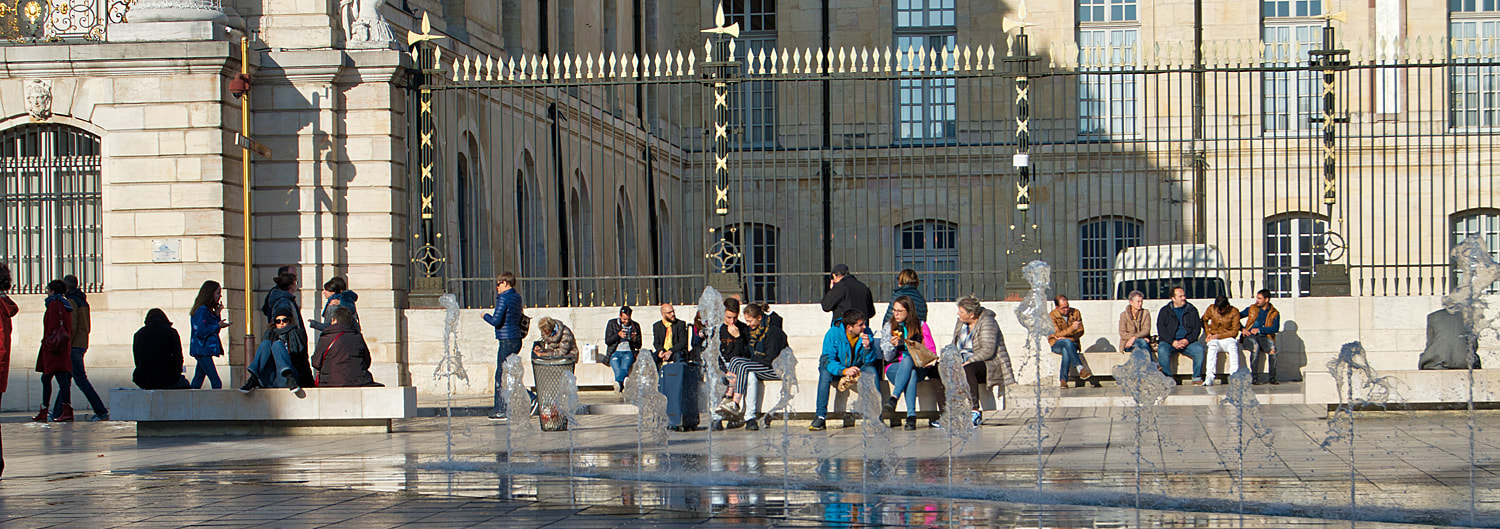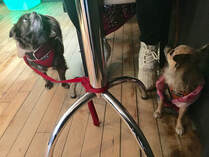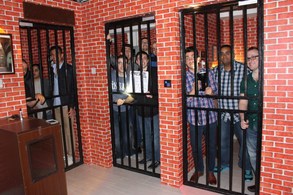
This is a rant, pure and simple.
I don’t answer phone calls unless my phone indicates whom they are from. So for the past month my voicemail in-box has been getting a lot of messages from my Veterans Hospital. The guy leaving the message (who is obviously reading from a script) keeps telling me that my doctor says I am pre-diabetic—and that I should enroll in a new program they are starting that will help me make some important lifestyle changes and avoid getting diabetes.
I find this annoying on several levels and I refuse to call him back.
First of all, if I am pre-diabetic why didn’t my doctor tell me that himself? After all, I see him twice a year. And my most recent blood tests indicated that all of my “levels” were normal.
Second, as we age we are all going to become pre-diabetic, pre-cancerous, pre-arthritic, pre-heart diseased, pre-something. Pre-dead.
Third, I eat quite well, thank you. And I walk a mile every day. I don’t need to enroll in a program at the V.A. and attend classes once a week.
Fourth, and this is the one that really pisses me off.
My observation at the V.A. Hospital is that most of the guys who go there (I see very few women vets) are not exactly the sharpest knives in the drawer. V.A. medical care is basically free, with a small “co-pay” for those of us who can afford it. And many of these vets could no doubt benefit from some free advice about how to live a healthier life.
This guy that keeps calling me goes off script occasionally and has a sanctimonious voice—like, I’m just a stupid Viet Nam Era vet and I really need to do this.
I’m wondering if he is on commission.
Hey, V.A.--It sounds like you just received a new Federal Grant.
End of rant.






 RSS Feed
RSS Feed